Conference logo
Social Work in Palestine, 2nd conference Palestine-UK Social Work Network
The 2nd National Conference of the Palestine-UK Social Work Network, supported by members of the British Association of Social Work, was held on the 12th November at the Amnesty International Centre off dingy Shoreditch High Street, and was an absolute bargain. For a registration fee of only £15.00 it offered a programme of rare value and threw in a two-course vegetarian lunch as well. It was also one of the most compelling and powerful conferences that I’ve ever had the privilege of attending. One heard with almost disbelief and certainly intense disquiet several level-headed presentations reporting the daily and systematic oppression of the Palestinian people, and the fragmentation of any semblance to normality through the enforced occupation of the territories that has continued for over sixty years.
To try to convey what this means, Prof. Manuel Hassassian, Palestinian Ambassador claims that every single Palestinian living under occupation suffers from post-traumatic stress disorder. We also learned what ‘peace’ has meant for these people over the last twenty years since the Oslo Agreement 1993: 7,000 Palestinians killed, twelve thousand+ Palestinian homes destroyed, a further 250,000+ Israeli settlers in Palestinian territories, and finally, 441 miles of apartheid walls built to corral people into armed, patrolled ghettoes.
Jerusalem, historical home of so many Palestinians, is subject to what Issa Rabadi, Officer of the Palestinian Union of Social Workers & Psychologists, described as an ‘undeclared war of ethnic cleansing’, where apparently the goal of the occupational authorities is that the Palestinian population should not exceed 15-20% by the Year 2020. To this end, one third of Palestinian homes in Jerusalem are at risk of being demolished on the official grounds that these are illegal lodgings, with a predicted peak of destruction of homes due in 2014. Yet, apparently gaining legal rights to live in Jerusalem for resident Palestinians is so complex and protracted a process (lasting decades in many cases) that ‘Kafkaesque’ hardly begins to describe it.
The most distressing stories, unsurprisingly, referred to the detainment and torture of Palestinians; particularly those accounts concerning Palestinian children. Many of these child prisoners are as young as 12- or 13-years-old, and are arrested normally on the charge of throwing stones at the occupying forces. This was exemplified by the experiences of speaker, Mohammed Abu al Reesh, who was arrested on two separate occasions in his recent boyhood and subjected on both occasions to brutal physical maltreatment and psychological intimidation throughout this time. Mohammed’s story was by no means exceptional, rather than the reverse. In addition to physical abuse children may also be placed in solitary confinement for up to a month where the only contact is their interrogator. Arrested and imprisoned children are not normally permitted to see their families and even accessing legal support is achieved only with great difficulty. In the case of Mohammed, within a fortnight of being released from his last sentence, he enrolled at university, eventually gaining a BA in media studies with the ambition, now achieved, of becoming a journalist in order to better inform the world of human rights violations taking place in the territories.
So where does social work feature in this catalogue of utter wretchedness? The Global Agenda for Social Work, which seeks to unite social work educators and practitioners universally in the promotion of this year’s theme ‘Promoting social and economic inequalities’, directly resonates with the UN Millennium Development Goals.
Palestinian social workers live and work under the same high levels of daily oppression and insecurities as the communities they courageously serve. They are unsupported by State legal systems or by Israeli fellow social workers, who to-date appear ominously aloof to the situation in the occupied Palestinian territories. As lecturer, Barry Levine of Glasgow Caledonian University, also pointed out, any international criticism of state tactics is very likely to result in accusations of anti-Semitism, which effectively serves to stifle debate and to muddy attempts towards a clearer understanding of what constitutes discrimination and oppression in the territories.
Despite this, the Palestine-UK social work network is actively seeking collegial links with anyone interested in the Palestinian plight to further the goals of the Global Agenda and to constructively work towards peace. To this end, plans are being made to hold the next conference in Jerusalem, where hopefully UK social worker academics and practitioners will be able to witness the situation for ourselves; and equally importantly, show solidarity with social work colleagues internationally.
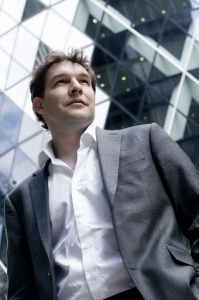
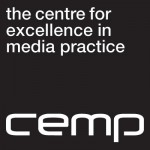
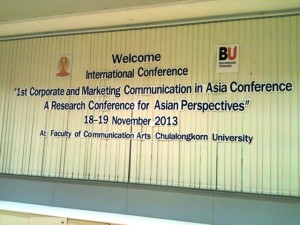



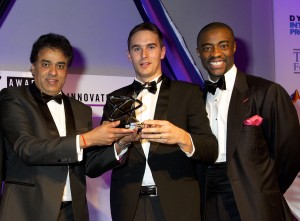
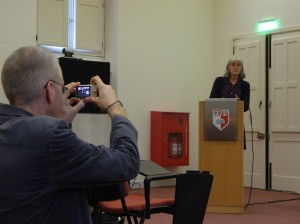
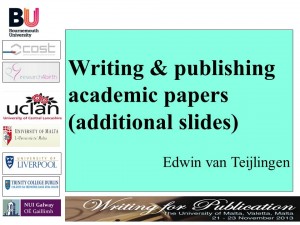

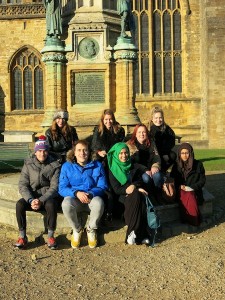
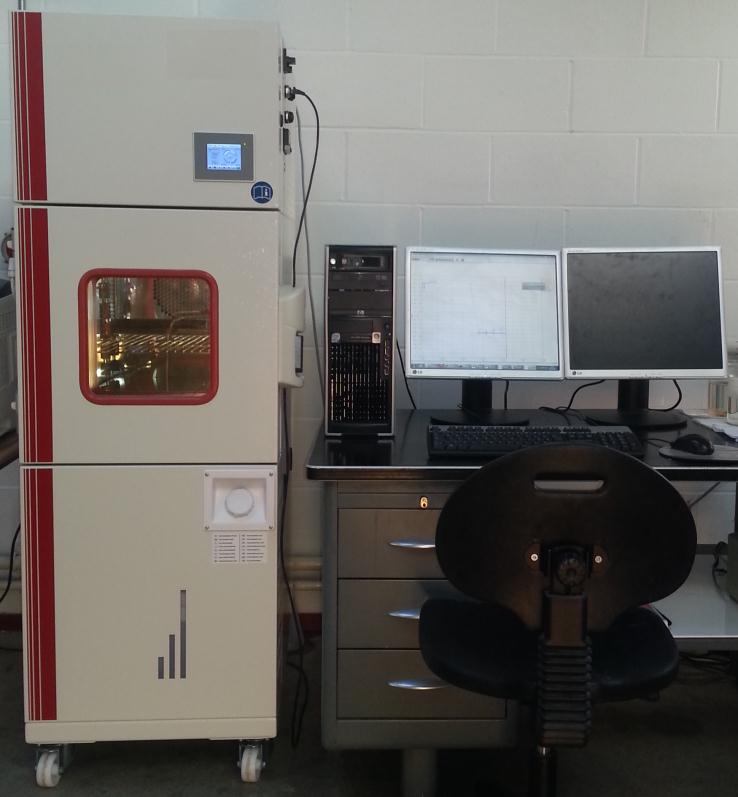


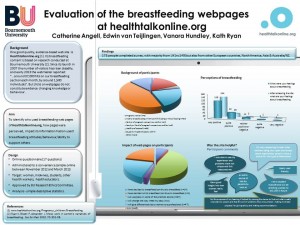
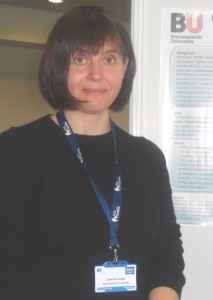
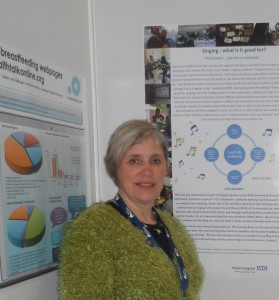
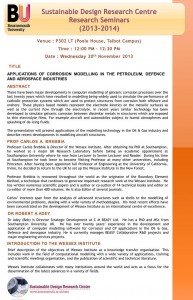











 From Sustainable Research to Sustainable Research Lives: Reflections from the SPROUT Network Event
From Sustainable Research to Sustainable Research Lives: Reflections from the SPROUT Network Event REF Code of Practice consultation is open!
REF Code of Practice consultation is open! BU Leads AI-Driven Work Package in EU Horizon SUSHEAS Project
BU Leads AI-Driven Work Package in EU Horizon SUSHEAS Project ECR Funding Open Call: Research Culture & Community Grant – Apply now
ECR Funding Open Call: Research Culture & Community Grant – Apply now ECR Funding Open Call: Research Culture & Community Grant – Application Deadline Friday 12 December
ECR Funding Open Call: Research Culture & Community Grant – Application Deadline Friday 12 December MSCA Postdoctoral Fellowships 2025 Call
MSCA Postdoctoral Fellowships 2025 Call ERC Advanced Grant 2025 Webinar
ERC Advanced Grant 2025 Webinar Update on UKRO services
Update on UKRO services European research project exploring use of ‘virtual twins’ to better manage metabolic associated fatty liver disease
European research project exploring use of ‘virtual twins’ to better manage metabolic associated fatty liver disease